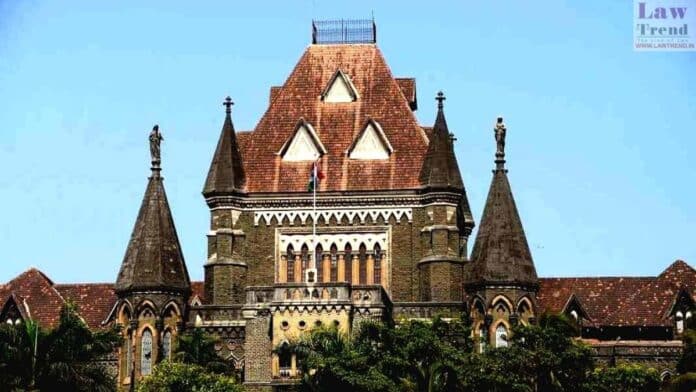The Bombay High Court on Thursday issued notices to the seven accused acquitted in the 2008 Malegaon blast case, while hearing an appeal filed by the families of the victims challenging the special NIA court’s acquittal order.
A division bench of Chief Justice Shree Chandrashekhar and Justice Gautam Ankhad also directed the issuance of notices to the National Investigation Agency (NIA) and the Maharashtra government, and listed the matter for hearing after six weeks.
The appeal was filed last week by family members of the six persons who died in the September 29, 2008 blast near a mosque in Malegaon, Nashik district. The explosion, caused by a motorcycle-borne device, also injured 101 people.
The petitioners have challenged the July 31 acquittal order of the special NIA court, which discharged the seven accused, including BJP MP Pragya Singh Thakur, Lt Col Prasad Purohit, Major (Retd) Ramesh Upadhyay, Ajay Rahirkar, Sudhakar Dwivedi, Sudhakar Chaturvedi, and Sameer Kulkarni.
They argued that the trial court wrongly treated a faulty or defective investigation as sufficient ground for acquittal. Since conspiracies are hatched in secrecy, the petitioners contended, direct evidence cannot always be expected, and circumstantial evidence should have been weighed appropriately.
The appeal sharply criticised the role of the trial court, stating that it acted as a “postman or mute spectator” instead of proactively questioning witnesses or eliciting facts when the prosecution faltered. It alleged that the NIA diluted charges after taking over the probe from the state Anti-Terrorism Squad (ATS), which had earlier unearthed a “larger conspiracy.”
The petitioners further claimed that the absence of similar blasts targeting minority-populated areas since the arrests in 2008 indicated the significance of the conspiracy uncovered by the ATS.
The special NIA court, presided over by Judge A.K. Lahoti, had acquitted all the accused, holding that “suspicion cannot replace proof” and that there was no cogent or reliable evidence establishing guilt beyond reasonable doubt. The court had pointed to several loopholes in the prosecution’s case, ultimately extending the benefit of doubt to the accused.
The prosecution had argued that the blast was orchestrated by right-wing extremists with the intent to spread terror among Malegaon’s Muslim community. However, the court found the evidence insufficient to sustain this claim.
The High Court’s notices pave the way for a re-examination of the acquittal, raising the prospect of a fresh judicial assessment of the evidence and the manner in which the investigation and trial were conducted. The matter will come up for further hearing in six weeks.




